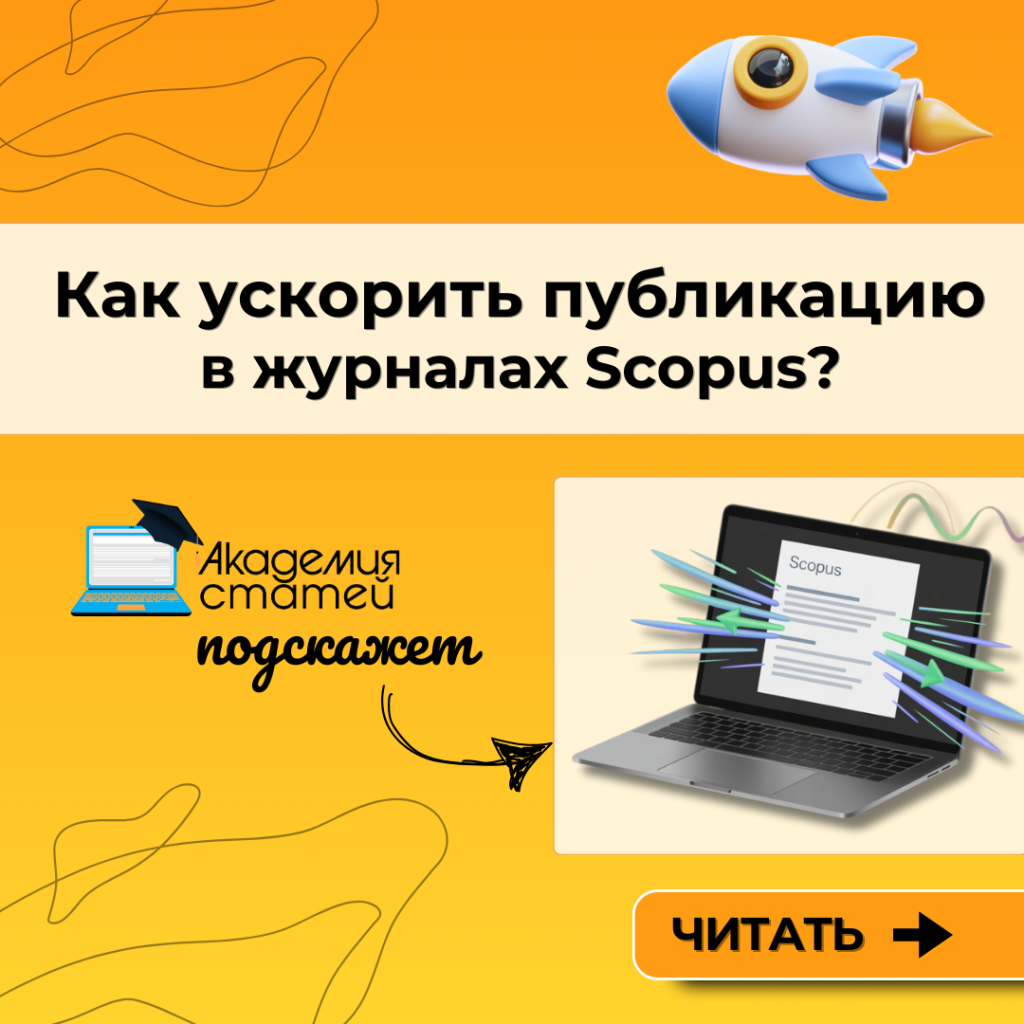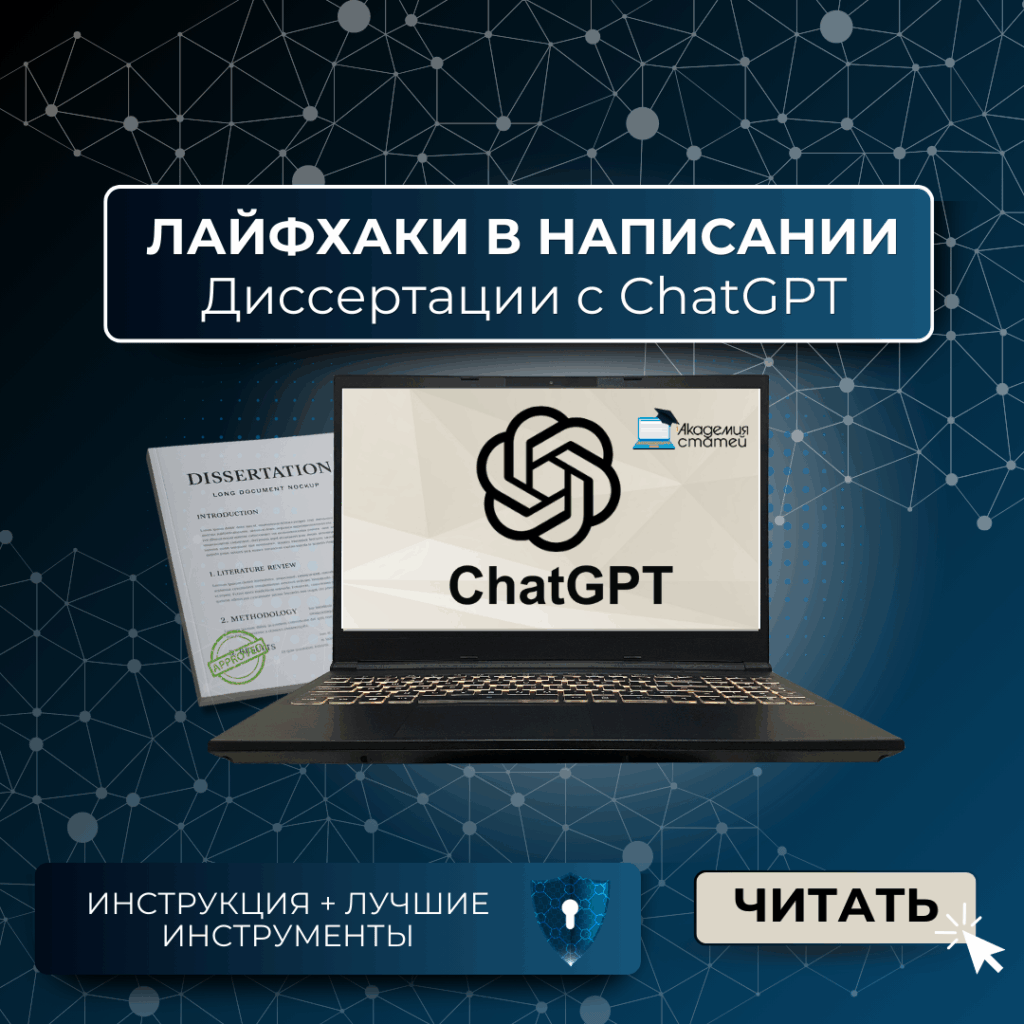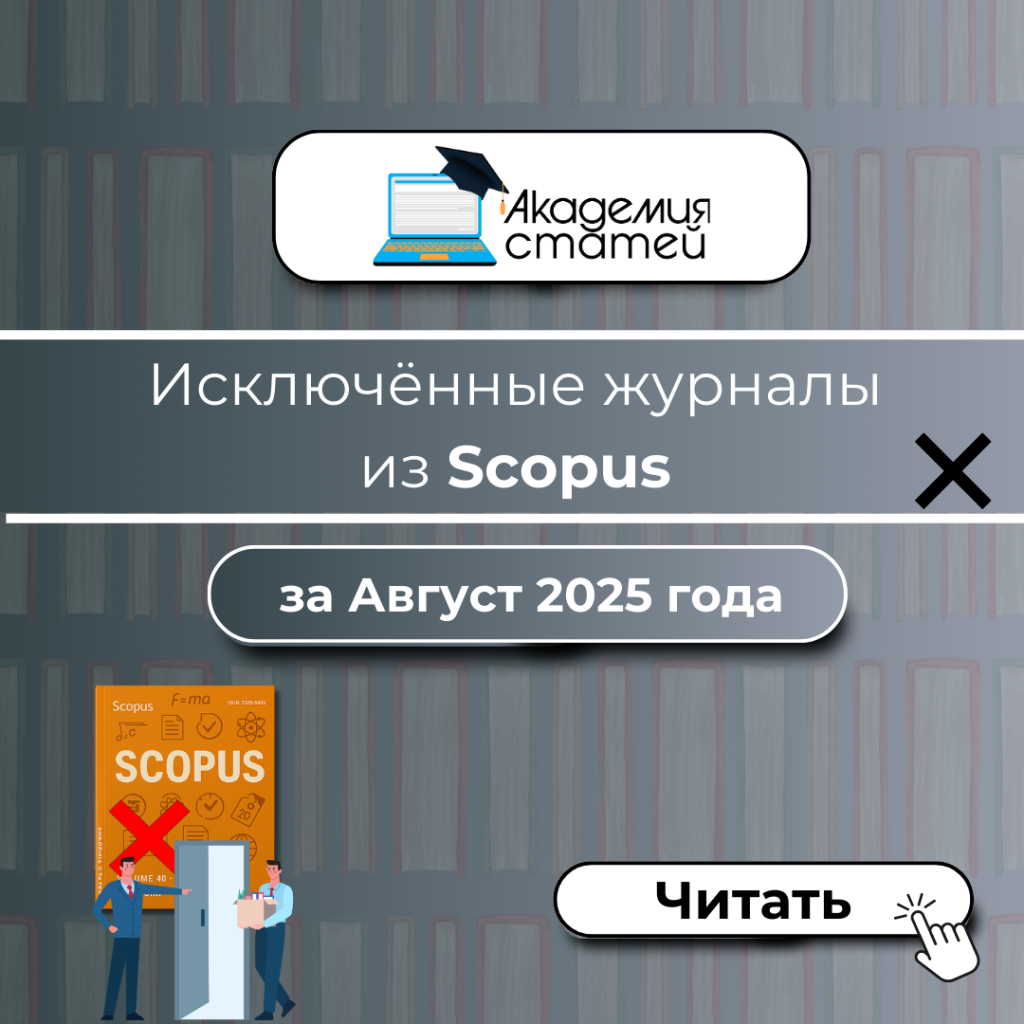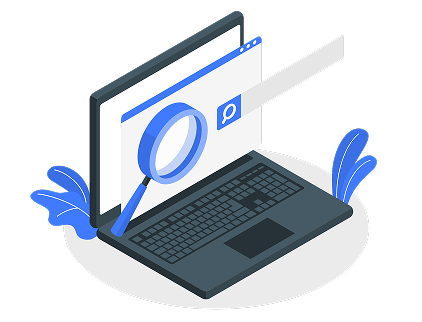Requirements for inclusion of journals in Scopus/Web of Science databases
At the initial screening stage, an application is submitted and the editor must check whether the scientific journal meets the minimum requirements of Scopus and Web of Science.
They are as follows:
- Scientific content in the journal must be peer-reviewed.
- Publications occur regularly.
- An ISSN registered with the ISSN International Centre is required.
- Content must be relevant and understandable to the international community. This means that references to the literature used to write the articles must have Latin transcription, and scientific articles must have abstracts and titles in English.
- It is important to ensure that the journal has a statement of publishing ethics and unfair publishing practices.
- The journal must begin publication no earlier than 2 years prior to submitting an application for inclusion in the database.
- The title of the magazine is meaningful and unique.
- Three recent releases can be downloaded in PDF format.
- Information about the editor-in-chief is available. If a scientific journal has more than one editor-in-chief, up to three people can be listed.
- Information about the editor-in-chief or editors is available via this link. This may include a resume, personal or institutional website, and a description of professional achievements, past and current affiliations, and awards.
The application itself is submitted via a special online form, in which all fields must be completed. Samples of scientific articles must also be uploaded.
First, the journal is screened in Scopus/Web of Science for suitability for inclusion in the database. This is performed by reviewers at the Expert Council, and qualitative and quantitative indicators are analyzed. The selection criteria fall into five categories: journal policy, content, representativeness, regularity of publication, and online availability.
They certainly pay attention to whether the editorial policy is compelling, what types of peer review are in place, the origins of the editors and scientists, whether there are significant contributions to science, whether the abstracts are clear, and how readable the articles are. Furthermore, the journal must be published on schedule, its website must be in English, and its website must meet quality criteria.
If the initial sorting fails, all problem areas must be addressed. If successful, editorial sorting and evaluation occur.
Main reasons for exclusion from the database
In 2021, 45 scientific publications were excluded from the Scopus database. Such exclusions occur regularly, and re-evaluation is carried out annually. Reasons for exclusions may include non-compliance with Scopus/Web of Science requirements, concerns about publication issues, or violations identified during the review process using the Radar system.
The latter draws attention to a sharp increase in the number of published articles, changes in the geolocation of scientists, and excessive self-citations, which fall under the definition of anomalous behavior. Some scientific journals are losing their place in databases due to ethical issues. Complaints against the publication also trigger audits.
Scopus and Web of Science databases cooperate with journals in accordance with the law. Journals must adhere to academic integrity, respect copyright, have transparent pricing policies, and publications must be consistent with the journal's profile and specialization. Violation of these requirements is grounds for exclusion from indexing.
Scopus/Web of Science cares about the high quality of its materials, so the policy of excluding certain scientific journals from the database is understandable. Interestingly, there is a special list of unscrupulous publishers and journals, created and continued to be updated by American librarian Jeffrey Beall. This list is used by both databases.
Can logs be returned to the database after deletion?
If a journal has already been excluded, getting back into the database will be difficult. To reapply for inclusion, you must wait at least five years.
Indexing of articles in Scopus and Web of Science after journals are removed from databases
It's important to understand: if a journal has been removed from Scopus or Web of Science and is no longer indexed, this doesn't mean the article published in it will also be removed. If it has already been indexed, it won't be removed. However, don't forget to check the lists of excluded scientific journals before your article is published! If a journal is removed during this period, the article will not be included in the database. To find out whether an article is indexed, simply enter the author's first and last name and the scientific field in the search box on the relevant websites.
Important! There are now more than 1000 known publishing houses and magazines that are considered predatory. This means that their goal is profit, not scientific advancement, and publications are purely formal. Materials are not reviewed by editors or scientists, and publication occurs within a minimal timeframe (sometimes 5 days). A single issue may contain a large number of articles (for example, 40) of small length.
Such journals present false information about their activities and ascribe to themselves a non-existent authority, falsifying data on scientific indicators such as impact factors and quartiles.
Some may not be indexed in any database, let alone Scopus/Web of Science. Unscrupulous publishers often "forget" to remove information about the publication's delisting. Such publications pose a danger for scientists: choosing the wrong platform for publishing their article can lead to not only lost time and money, but also their reputation. Another danger comes from clones of legitimate, reputable publications. fake magazines. They cannot be included in any database at all, including Web of Science.
Understanding these nuances can sometimes be very difficult for someone inexperienced in such matters. For researchers, the best solution may be to seek help from reputable professionals. For example, the company Academy of Articles publishes scientific articles only in verified scientific journals Scopus and Web of Sciencee and provides assistance to authors in matters of publishing the works of scientists.






